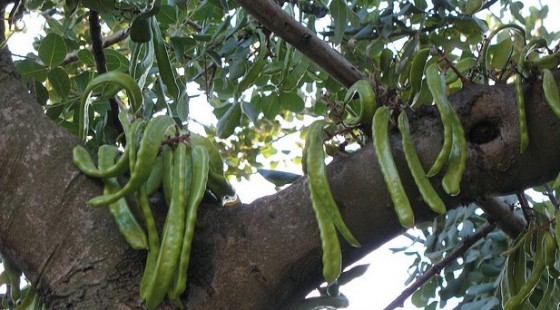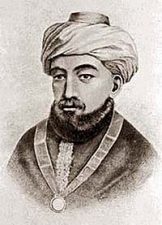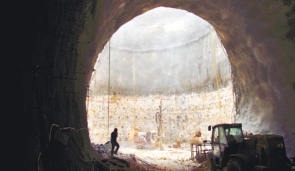
Jews around the world celebrated Tu B’Shvat last week. The holiday began as a “new year” for trees – a time when the tithing of fruits was determined. But for the past 100 years it has become known as an ecological holiday.
On Tu B’shvat 1890, a Rabbi took his students to plant trees in the agricultural colony of Zichron Yaakov. The practice soon caught on and was adopted by the Jewish Teachers Union. It was ultimately popularized by the Jewish National Fund (Keren HaKayemet L’Israel), an organization established in 1901 to jumpstart land reclamation and reforestation in Israel.
Environmental organizations in Israel have used the holiday to focus attention on the country’s many ecological problems. Besides numerous tree planting ceremonies, groups have publicized the holiday’s environmental significance.
Trees provide a myriad number of “ecosystem services” in Israel. Many species bear fruit, including dates, apricots, figs, and oranges, just to name a few. Some of those fruits are exported all over the world. Trees also provide shade for people and animals – a particularly important benefit in the desert areas throughout the country’s arid South.
And Israel’s forests are habitat for many species, from songbirds to elusive wolves. At the forefront of many Israeli minds this Tu B’Shvat was the Carmel Forest, the site of a catastrophic forest fire in 2010. The forest’s journey towards regrowth is a palpable symbol of nature’s restorative power.
Thus, in addition to their ecological importance, trees are a symbol of renewal. Israel, currently writhing with political discourse, is facing its own growing pains. Hundreds of thousands of Israelis took to the streets last summer to protest the government’s economic policies.
They complained of a regulatory system rife with cronyism and kickbacks. They brought attention to the lack of housing in major cities. They shined a spotlight on Israel’s neediest people, including Holocaust survivors and the long-term unemployed. They were visible. They were loud. And they were heard.
The Torah, Judaism’s holiest book, teaches that a person “is a tree of the field”. Our spiritual life includes roots, a body, and fruit. The roots symbolize our faith, perseverance and connectedness to place. The trunk, branches and leaves are our intellectual and emotional capacities, including our practical achievements in life. The fruit is the power of our relationships. This includes the ability to influence others, to plant a seed in another person and see it sprout.
The social protests, which began with a few tents in Tel Aviv, slowly grew into a full-fledged movement. A few individuals, driven by their love of country and sense of social justice, planted a seed of consciousness and patiently tended it. Soon a forest of concerned citizens was knocking at the government’s door.
In a country as complex as Israel, renewal doesn’t happen overnight. It will take time for the fledgling social movement to build strength. Israel won’t see the Carmel Forest return to its original vigor for many years. Ecologists will continue their attempts to conserve species. And problems of pollution and water scarcity will not go away without tremendous effort. But on Tu B’shvat, there is hope.
A classic Jewish story illustrates the importance of cultivating trees for future generations:
An old man was planting a tree.
A young person passed by and asked ‘what are you planting?’
‘A carob tree’, the old man replied.
‘Silly fool’, said the youth. ‘Don’t you know that it takes 70 years for a carob tree to bear fruit?’
‘That’s okay’, said the old man. ‘Just as others planted for me, I plant for future generations.’
And so do Israelis sow the seeds of a just, democratic and sustainable society. Only time will tell whether these efforts will bear fruit. But a tree never grew without a little faith.
Image via tree-species



